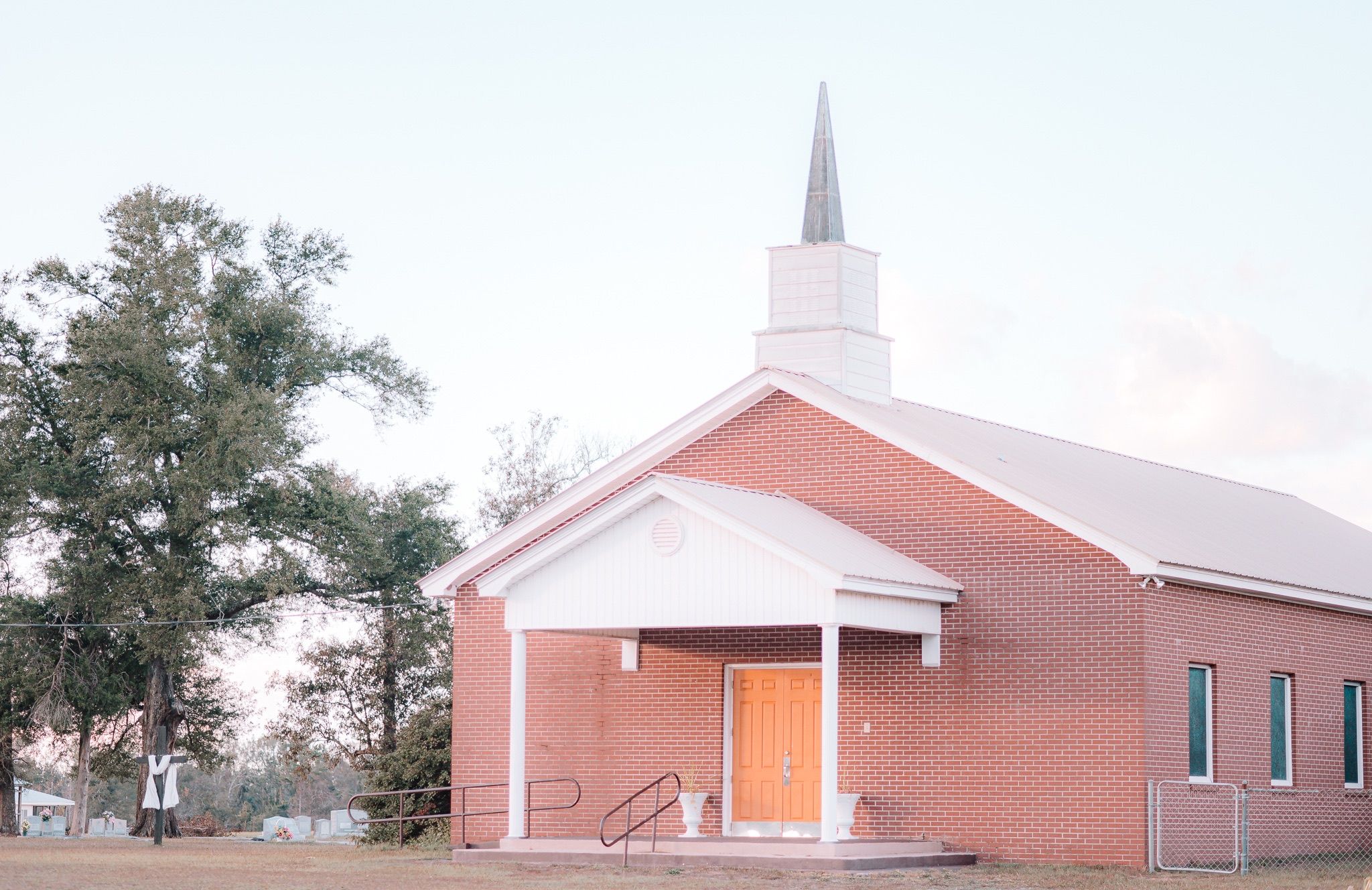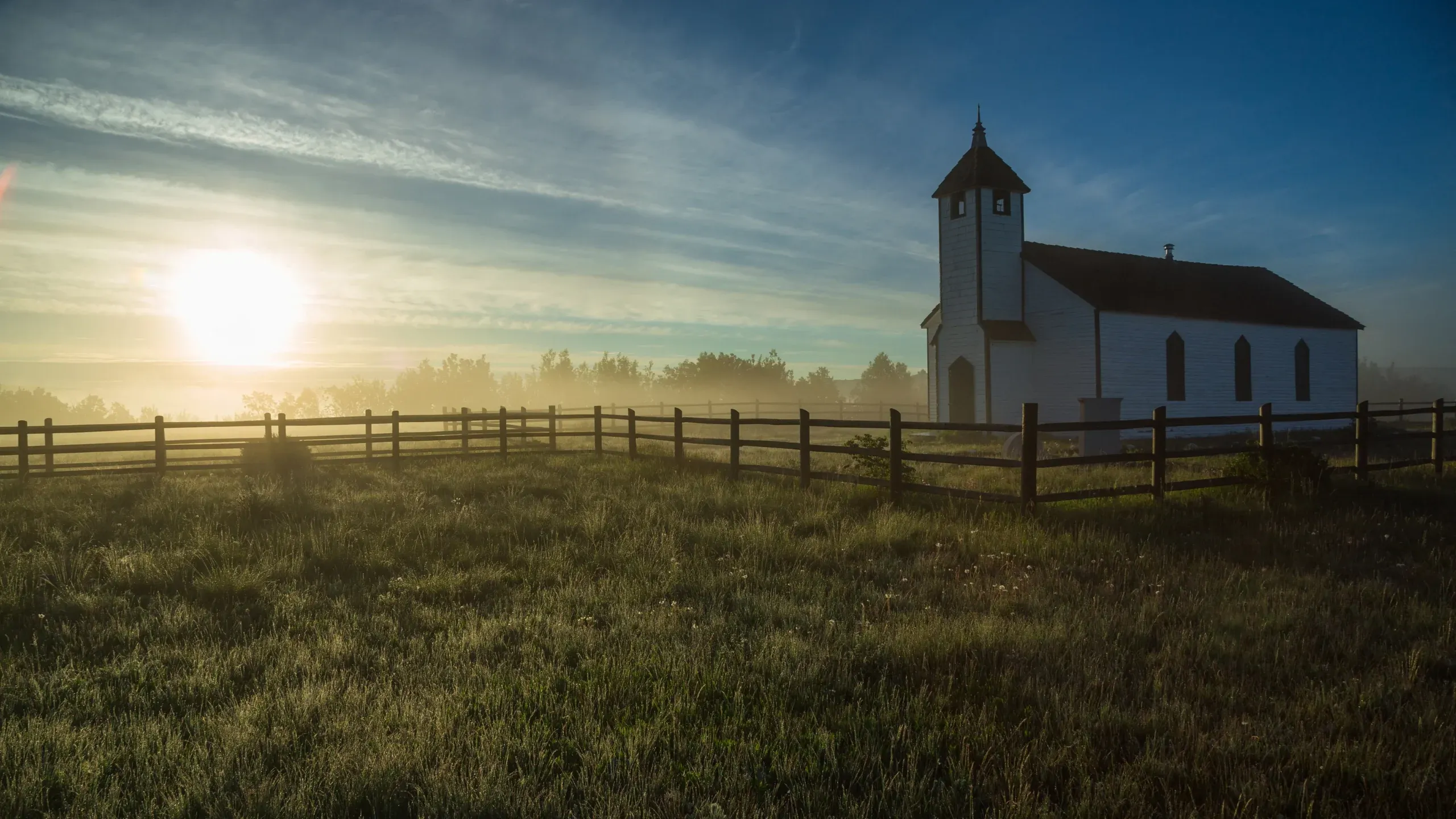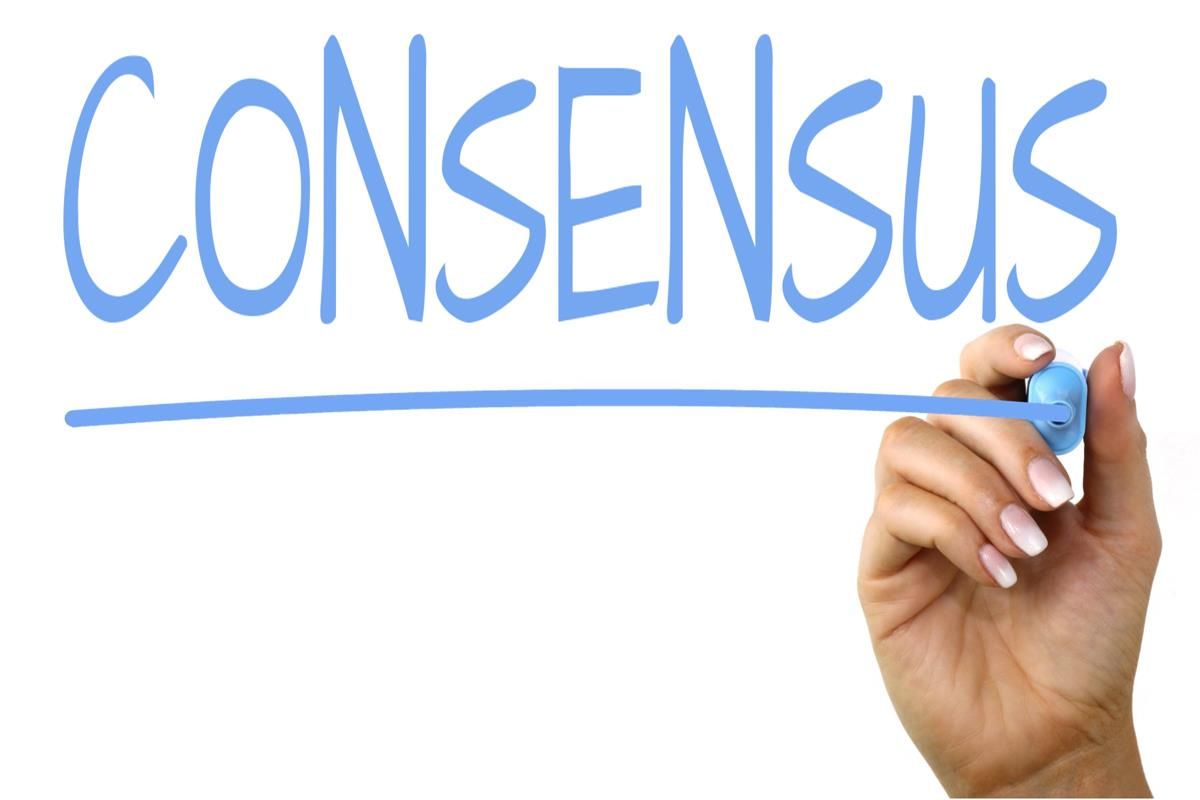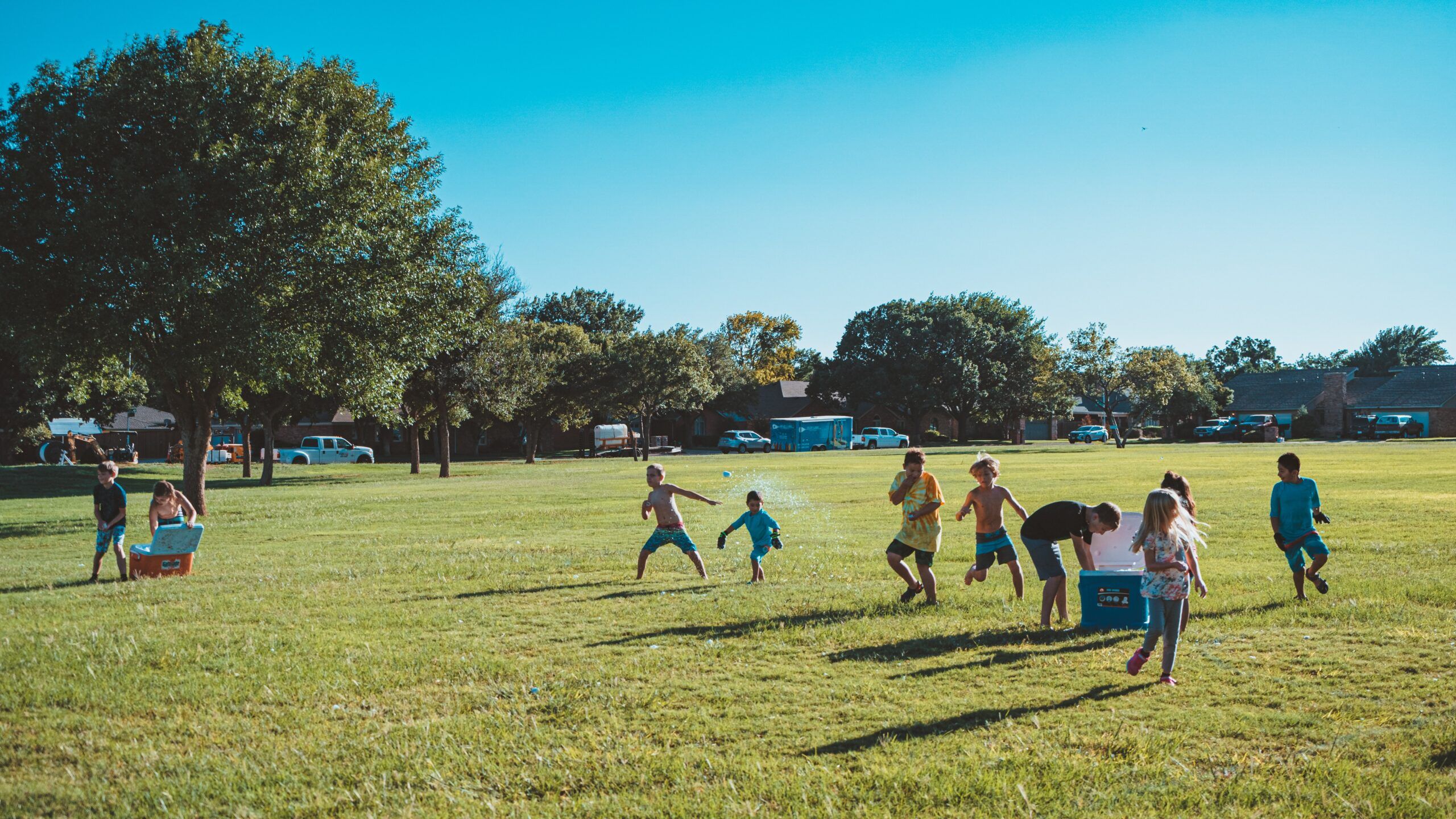Creating a Rhythm of Rest and Renewal
Creating a Rhythm of Rest and Renewal
“It’s just a busy season.”
“I just need to find a better balance.”
“Once we’re through this, things will slow down.”
“I just need to get back to a normal rhythm.”
If I had a dollar for every time my husband or I have said one of those phrases in the past twenty years of ministry… Well, let’s just say we wouldn’t need to have five jobs between us!
I’m sure you can relate. Pastors and their families often feel overworked, overburdened, and overstimulated. We look at the December calendar, take a deep breath, and plow through the busy holiday season of multiple services, Christmas dinners, small group get-togethers, end-of-year meetings, children’s plays, and family time only to flip the page and realize January is full, too. Easter sneaks up on us before we can blink, and then BAM– we’re in the center of summer with VBS, youth camps, the SBC convention, weddings to perform, and maybe we can squeeze in a family vacation before school starts. Before we know it, the year has gone and we’re back at Thanksgiving, looking ahead to the Christmas chaos again.
And if we’re honest– we don’t even have the energy to plan the following year’s calendar because if it looks like this year… we aren’t sure we’ll make it.
But it doesn’t have to be this way. Andy Addis, a friend of the Bootcamp and fellow Replant laborer, talked to Jimbo recently about his new book, Rhythms. Andy explained why we need rhythms, how to establish rhythms, and most importantly, what God says about rhythms in our lives.
The Rhythm God Established
When we read Genesis 2:2-3, we see God do something interesting. The creator of the universe stops, pauses, and rests. Why does He do this? Is He tired? Is He worn out from all the creating and designing? Does He need to rest? Absolutely not. God does not need human rest. But God knew we would!
God didn’t rest for His sake, He rested for ours. God established this pattern of rest after work for our benefit, so we would see the importance of a set apart, intentional time of rest. But we ignored that pattern and stayed overworked and overburdened. In fact, by Exodus 20, God commanded that we honor the Sabbath. Instead of a mere pattern to follow, we now had a command from the Lord.
We know that this is something God desires for us to do and a law He wants us to follow. As Andy pointed out on the podcast, “pastors will be disqualified for breaking commandments [murder, adultery, or lying]. But do you realize that the fourth commandment is to remember the Sabbath and keep it holy?” It’s not a small thing to break one of God’s commandments. But so many pastors I know break this one every week.
The Rhythm You Need

Why is it so important that we honor the Sabbath and establish a rhythm of rest in our lives? Because a pastor who is overworked and out of rhythm is most likely also a husband and father who is out of rhythm. And that busyness without rest leads to a phrase we’re hearing more and more lately: Burnout. If you crash and burn in ministry, you will likely find another type of job. But if you experience burnout in your family… you lose everything.
The truth is, churches and ministries in general will take everything you have to give. They aren’t the bad guys, they just won’t draw the boundaries for you. It’s up to you to draw those lines in the sand and say, “I have to institute some pauses for my health and for my family’s well-being.” No one else will do this for you.
As pastors, we often don’t have the luxury of having every week go according to plan. While we might look at a calendar on Sunday and map out our week, a congregation member’s death on Monday and the ensuing funeral on Thursday will have us completely out of step. We might think we have built-in margins in our schedule but throw in an unexpected need for pastoral counseling and a few hospital visits and those margins evaporate.
The Rhythms of Renewal (and Rest)
Rhythm is not just about rest, although that’s certainly part of it. We need rest, yes. But we also need renewal– we need time to reflect on God’s Word, refresh our souls, and replenish our energy tanks. This is no mere vacation– because let’s face it, most of us need a vacation from our vacation, especially if there are small children involved! Instead, we must establish regular times of renewal.
I offer the following recommendations on rhythms of renewal with the following two caveats:
- This is a broad overview. Andy’s book goes deeper into each of these rhythms and has a workbook on how to implement each of them.
- We do not recommend attempting to implement all of these rhythms at once. Instead, work on one at a time, and go from ones within your control to those that need further input or require structural change.
The Annual Rhythm
The first rhythm Andy suggests is an annual sabbatical break. Ideally, pastors should take three weeks off: one for a vacation to spend intentional time with their family, one for time to study something new, and one to plan.
Now when we talk about a week of study, we don’t mean a week to do some heavy theological lifting. This is “restful studying.” It is studying with purpose, of something that you want to learn. Maybe it’s a new hobby, a new interest, or a new language. Maybe it’s baking the perfect loaf of sourdough bread, or attending a writer’s conference, or apprenticing for a week as a pyrotechnician. You’ll need to dream a little to discover what would feel both reenergizing and restful to you.
When we talk about a week to plan, this is not “back in the office, back to normal.” This is time to spend with God reworking discipleship pathways or revamping the church calendar. This is an intentional time to focus on leading the church well.
This annual rhythm of renewal ensures that pastors are not just surviving but thriving in their roles. This is particularly important if you are a longer-tenured pastor as we have discussed before.
The Regular Rhythm
Another crucial rhythm is a regular break every six to eight weekends. This break allows you as a pastor to be out of the pulpit at least every other month. This intentional break creates time for personal spiritual growth and for family time. Your church can hear from another perspective and your family gets to have you in a normal role of father and husband instead of pastor.
I can speak to this rhythm personally. My husband has used the past year to establish a theological training program for men in our church and surrounding churches who are called to preach. Not only has this provided them with valuable knowledge and theological education, but it has also established a pipeline of men who are qualified and equipped to fill the pulpit. On those weeks when they preach, my husband can focus on something other than sermon preparation. That is hours he wouldn’t have otherwise.
The Bootcamp dove a little deeper into this subject on a recent podcast, where we shared helpful tools for establishing a similar pipeline at your church and within your context.
The Weekly Rhythm
Another rhythm to implement is the weekly rhythm. This involves designating one day a week as a true Sabbath day of rest. For most pastors, this will NOT be Sunday. Sunday for pastors is just like gameday for an athlete. You aren’t resting this day– you get up early, preparing and planning, and you are most likely up late, closing up the church after evening activities. This is a work day for you, and you won’t likely find “soul” rest on this day– even if you’re fortunate enough to get in a Sunday afternoon nap.
When we decided to establish this rhythm, we chose Friday as our day of rest. My husband and I are both fortunate enough to have the same day off since we both work in ministry. You may have to find a different day or use a different time frame (maybe Friday night to Saturday morning). For us, Friday is sacred. Nothing goes on the calendar on Fridays. We try not to set an alarm or have specific plans unless those things are set aside for an activity that we find engaging in our lives and spirits. Now– it isn’t perfect. There are Fridays when a hospital visit must be done or someone needs us to be at an event of some sort. In those cases, we try to carve out Saturday if we can. But the goal here is progress, not perfection.
The Daily Rhythm
Finally, we have the last rhythm of renewal, the Daily Rhythm. In this rhythm, Andy encourages pastors to choose two out of three parts of the day (morning, afternoon, or evening) for work and leave the other one for family time. This intentional approach ensures that the family gets dedicated time and attention, preventing the exhaustion that comes with working non-stop. By planning family activities during specific day parts, pastors can create a healthy balance between ministry responsibilities and personal life.
For example, the pastoral training class my husband leads is every other Thursday night. Since he will be working on those specific Thursday nights, he takes time for rest that morning. Or he may take the afternoon to go for a motorcycle ride through the backroads. When our children were younger, he might grab lunch with them at school on a day he knew he would miss dinner.
Dividing your day into three parts and leaving one open for rest and renewal allows you to be present with your children and your spouse while still recognizing that there are unavoidable church responsibilities that fall under your leadership and role.
Get Rhythm

Johnny Cash once sang, “Get rhythm when you get the blues.” But here’s a greater truth– get rhythm and maybe you can avoid the blues! Start small and gradually incorporate these practices into your life. The goal is to move from the trap of constant busyness to a sustainable ministry that allows for rest, family time, and personal growth. By embracing intentional rhythms, pastors can model a balanced life for their congregations and lead by example in navigating the demands of ministry.
If you want more information on pastoral self-care, establishing boundaries, and leading without burnout, be sure to sign up for The Replant Summit in 2024. You can also check out our blogs and podcasts on these subjects by searching for those topics on our website and browsing the resources listed on NAMB.















